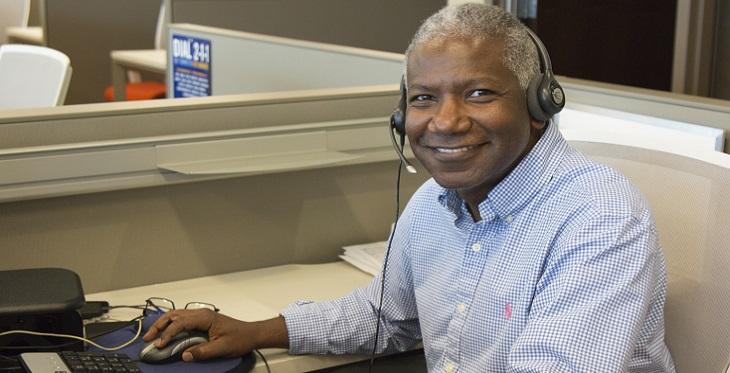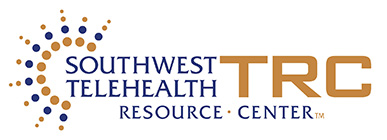Imagine that you just delivered a baby three months early and are sitting in the neonatal intensive care unit (NICU) next to an plastic box (i.e. an incubator) supporting the child who was nestled safely within the womb just 12 hours ago. Tiny and translucent, your new hero is fighting for life with all 1 pound 4 ounces of his being. Though connected to machines to help him breathe, stay warm, and nourished, the alarms and noise of the monitors make you wonder what is going wrong. Work that your body was doing 12 hours ago has now been completely handed off to a team of strangers, medical professionals that are kind and highly skilled, but are completely new to you.
Southwest Telehealth Resource Center Blog


Researchers with Northwestern University have used a telehealth platform called Communication Bridge to help patients suffering from Alzheimer’s disease, dementia or primary progressive aphasia by connecting them with speech-language pathologists. For many of the patients, the result is an improvement in their ability to recall lost words or concepts.
Though this progress is exciting, Emily J. Rogalski, associate professor of the Cognitive Neurology and Alzheimer's Disease Center at Northwestern University Feinberg School of Medicine, cautioned the treatment is not a cure. Instead, it allows health professionals to “delay some of the progression” of dementia and “maximize a person’s remaining abilities so they can compensate” much longer than usual.

February is a month that’s often dominated by red and pink hearts. But for some 30 million Americans, February is when their plight comes to the forefront.
February 28 is Rare Disease Day. Unfortunately, having a rare disease is more common than the name suggests.

It wasn’t just the temperature that surged in Phoenix last summer.
From April 1 through September, as temperatures climbed to as high as 119 degrees, the staff at 2-1-1 Arizona responded to more than 25,000 phone calls, the great majority of them from people asking for help paying their electric bills.
2-1-1 programs are a free and confidential service accessible to more than 90 percent of Americans. In addition to people seeking financial assistance with utility bills, 2-1-1 programs hear from people needing assistance with rent payments, food boxes, healthcare, child care, finding jobs and other needs.

A central feature of Telehealth is that data, potentially in vast amounts, are accumulated about patients by provider organizations. This data has a variety of important uses beyond the diagnosis and treatment of each specific patient, both for individual health organizations and for the public at large (e.g., population health). Without modern data management technology, namely a data warehouse, there is no efficient way to analyze data aggregated from large patient populations, or ultimately use it to support data-driven healthcare decisions.
A data warehouse is a central data repository that stores data from multiple sources across an organization, enabling organizations to extract useful information.

